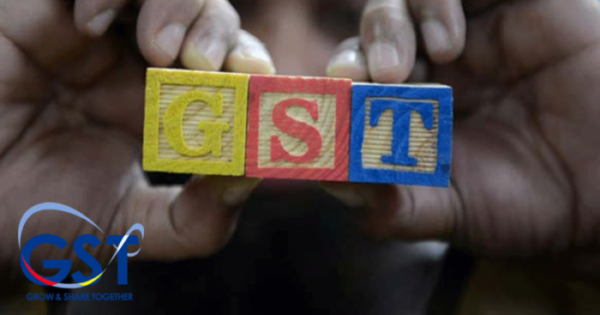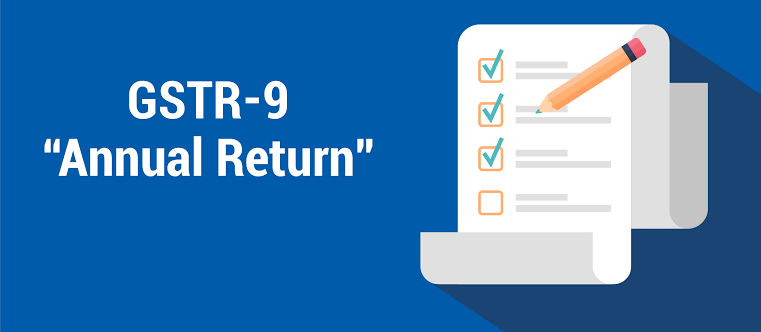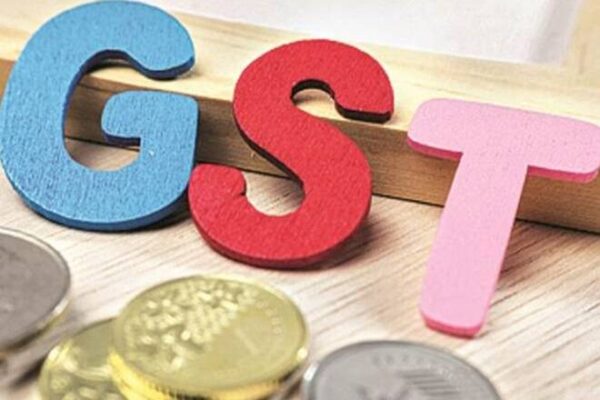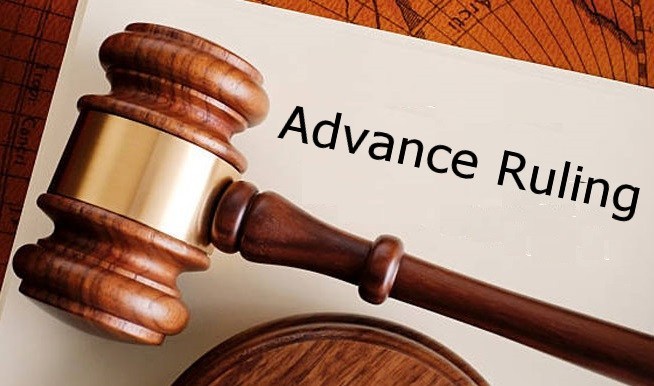The Delhi High Court has in its order dated 16.06.2020 has directed the GST Authority to open an online portal to enable Petitioner to file revised declaration TRAN-1 electronically, or manually by 30.06.2020.
It is important to note here that Delhi High Court has in respect of writ petition filed by Brand Equity Treaties Limited and others, in its decision rendered on 05.05.2020 had directed the Union of India to accept the TRAN-1 till 30-06-2020 and publicise the contents of Judgments on its website,so, that others who may not have been able to file TRAN-1 till date are permitted to do so on or before 30.06.2020. This Delhi High Court Judgment was overrided by amendment of Section 140 from retrospective effect w.e.f. 01.07.2017 by Section 128 of the Finance Act, 2020 made operative Vide Notification No. 43/2020 – Central Tax dated 16th May, 2020. For discussion in this regard please refer to our article Transitional Credit cannot be availed now- Relief given by DHC nullified by retrospective amendment
Facts of the Case
The Petitioner, SKH Sheet Metals Components Private Limited set up its unit at Pune, Maharashtra for the manufacture of final products and sale to OEMs. Petitioner obtained registration with the jurisdictional authorities under various legislations. It also availed CENVAT credit of specified duties and taxes paid on inputs, capital goods, and input services in terms of Cenvat Credit Rules, 2004, and an input tax credit of VAT paid on purchases in terms of Maharashtra VAT Act, 2002.
Petitioner periodically filed returns by way of forms specified under the legislation and declared the details of the input balance of credit, the credit availed during the return period, and the closing balance of credit available for carrying forward for the next period. The petitioner asserts that it is entitled to transitional credit consisting of Central Excise Cenvat credit, Service Tax Cenvat credit, and Input MVAT credit. In order to avail the credit in the electronic credit ledger under the GST laws, on 27.08.2017, much before the last date specified by the Central Government, the Petitioner filed a Form prescribed for this purpose, known as GST TRAN-1.
However, on submission of the said Form, Petitioner realized that as against the total credit of Rs. 6,52,58,081/-, only Rs. 1,01,24,382/- was reflected on the common GST portal. The CENVAT credit of Rs. 5,51,33,6991/- comprising of Central Excise and Service Tax of Rs.3,86,54,605/- and Rs.1,64,79,0811/- respectively was not displayed in the electronic credit ledger. Petitioner brought the mismatch to the notice of the Respondent authority and the difficulty faced in the utilization of the entire credit since the Cenvat under Central Excise and Service Tax had not been replicated in the Electronic Credit Register. Respondents suggested that since the common portal itself enables the taxpayers to make necessary amendments, Petitioner could avail the said option to rectify the error. The petitioner time and again brought the error to the notice of the respondent authority, however, there was no positive outcome.
The respondent authority contended that the discrepancy in the figures has crept in because of human error and there is no provision in the Act or the rules that can be relied upon by the Petitioner to reclaim the shortfall. It further contended that the DHC judgement in Brand Equity Treaties Limited and others has been overruled by amendment in Section 140 of the CGST Act,2017.
Judgment of Delhi High Court
The Delhi High Court has given a hard hitting judgement on the GST Authorities and the highlights of the order are as under:
- We have in a series of decisions, discussed as to how the advent of GST law created challenges for the taxpayers because of the lack of understanding of procedures provided therein.
- The GST Council recognized that there could be errors apparent on the face of the record that could be non-technical in nature and merit leniency. In line with the spirit of the decision of the GST Council and the blurring thin line between technical and non-technical difficulty, keeping in view that entire filing is electronic, we find the restrictive applicability of Rule 117 (1A) to be arbitrary, as is demonstrated in the facts of the present case.
- The transitional provisions and the language of section 140 of the Act in particular, even after amendment, manifests the intention behind the said provision is to save the accrued and vested ITC under the existing law. If the legislature has provided for saving the same by allowing a migration under the new tax regime, we have to interpret the rules keeping this objective in focus. This is the reason courts have held that CENVAT credit which stood accrued to the Petitioner is a vested right and is protected under Article 300A of the Constitution of India and could not be taken away by the Respondents, without authority of law, on frivolous grounds which are untenable.
- Interpreting the procedural timelines to be mandatory would run counter to the intention of the legislature and defeat the purpose for which the transitionary provisions have been provided and have to be construed as directory and not mandatory.
- TRAN-1 Form was filed within the stipulated period and revision thereof , to correct an error, will relate back to the said date of filing.The revision cannot be treated as a fresh filing , especially, keeping in view the spirit of the spirit of 32nd meeting of GST Council.
- Delhi High Court in its order while expressing anguish and hitting hard the GST Department stated that “The case before us is one where there is a complete lack of understanding and fairness on the part of the Tax Department. The fact that Respondents have done nothing to solve the problem faced by the Petitioner, fueled with the adamant stand before us, contributes to the skepticism of GST technical infrastructure, which we feel should and can be easily avoided. Only if Respondents were to engage with the taxpayers with a genuine intention to solve the problems, confidence in the system can be built up and such matters would not reach courts,”
The Delhi High Court has in light of above adjudged that the Petition deserves to be allowed and Petitioner is permitted to revise TRAN-1 Form on or before 30.06.2020 and transition the entire ITC, subject to verification by the Respondents . The Court accordingly issued a writ mandamus to the Respondents to either open the online portal so as to enable the Petitioner to file revised declaration TRAN-1 electronically, or to accept the same manually.Respondents (GST Deptt.) shall thereafter process the claims in accordance with law.
For ready reference of our readers the complete order of Delhi High Court is given below:
***
A BIG THANKS to you for visiting our site and reading this article. Kindly provide your feedback on the above article in comment section below. Also please intimate about other GST issues on which you would require our team to pen down articles.
Doubts on GST may be lodged on ‘Ask GST query tab‘ under ‘Your GST queries’ tab on home page. National level GST experts will provide their reply on the matter raised at the earliest and same can be seen under ‘GST query resolved’ tab under ‘Your GST queries’ tab.
You can also subscribe to our free newsletter to always be updated on GST Law by filling the subscription form at home page.
TW Editorial Team comprises of team of experienced Chartered Accountants and Advocates devoted to spread the knowledge of GST amongst the various stakeholders.




